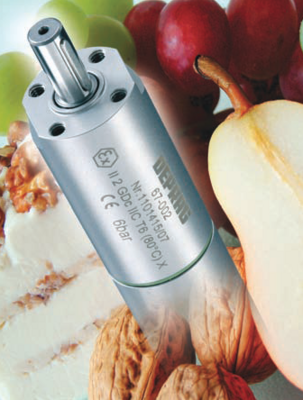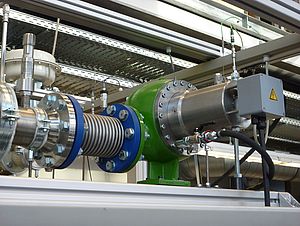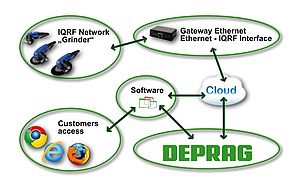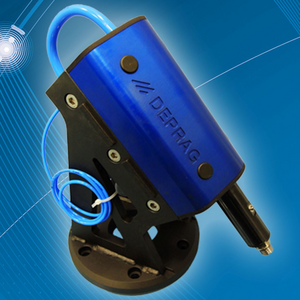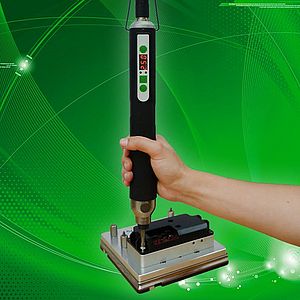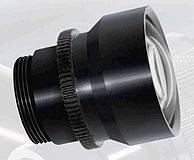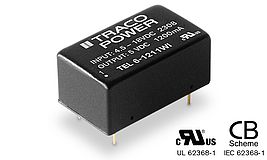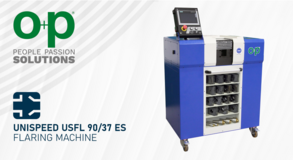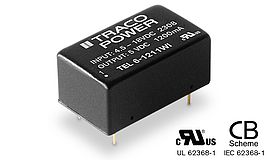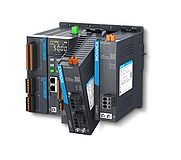In Germany apple juice wins the top spot as the nation’s favourite soft drink followed by orange, multi-vitamin and grape juice. In 2007 around 800,000 tons of fruit were processed into 4.04 million litres of fruit juice drinks. There are 411 fruit juice manufacturers with approximately 7000 employees who belong to the German fruit juice industry’s registered association. There are a great variety of fruit juice drinks on offer in supermarkets. Smoothies, fresh fruit mixes, are the newest trend and are a practical way to boost your daily fruit intake.
Before the juice is poured into a glass, fruit is submitted to a number of processes. Today the manufacture of juice, fruit drinks and smoothies is highly automated. It is only the pure fruit juice which is directly filled into bottle or cartons. The usual practice is to remove water after pasteurisation of fresh juice so that the fruit concentrate can be stored and transported more easily. Later it is used as the base product for fruit drinks and mixes. Manufacturers then mix the fruit juice drinks with water and sugar according to their own proprietary recipe. The mixture is prepared in large containers, constantly stirred and heated to 80°C so it is sterile when it reaches packaging.
Hygiene standards are very high as everywhere in the food industry. Production and packaging of fruit juice is controlled by computers in large industrial systems to ensure high processing security. The design of these systems favours components which fulfil the hygienic requirements. The drives for fruit production must follow strict guidelines. Air motors must run oil-free, be impervious to extreme temperature ranges and suitable for use in clean rooms as well as being resistant to solvents for cleaning and disinfection.
Automatic agitators are used for the stirring and mixing process. These devices must be equipped with heat resistant and resilient motors. Air vane motors made from stainless steel are an excellent choice for applications in the food industry. When used forstirring and mixing fruit drinks, a stainless steel air vane motor is a robust and reliable choice. It drives a propeller mixer or magnetic agitator with a capacity of 300 watts and a nominal torque of 700rpm.
Air vane motors are used in a wide spectrum of applications due to their diversity, simple design, low weight, high torque range and inherent safety feature with regard to explosive environments. The principle of air motors is a simple one; the air created by a compressor causes the motor to begin rotation. In vane motors this occurs as follows: The rotor inside an eccentric cylinder is set in motion. There are vanes heldin its slots which are pushed outwards against the cylinder wall by centrifugal force. Working chambers are formed for the compressed air. The expansion of the compressed air transforms the pressure energy into kinetic energy and rotational movement is generated.
The Advanced Line motor range offers a selection of non-corrosive, sealed air vane motors suitable for oil-free use. These stainless steel motors are particularly suited to use in the food industry but also in the paper industry, chemical and pharmaceutical industry or medical technology. The Advanced Line air motors are small and therefore easy to integrate into handheld machines and automation systems. The power spectrum ranges from 20W to 1.2kW and the motors are available from very low speeds up to 24000rpm. They are certified for use in potentially explosive environments and equipped with ATEX certified integrated holding brakes. One of the main benefits of an air motor is its power density. Depending on design it has approximately a fifth of the weight and a third of the size of a standard electric motor.
The performance yield of an air motor over large torque ranges is almost constant. It can therefore be operated under a wide range of alternating loads. The power can be adjusted by regulating the incoming air pressure and the torque can be smoothly and continuously changed by throttling the air inlet. The air motor can easily be loaded to a stall, at high frequency, without being damaged. When the load is reduced the motor will restart immediately, even at a 100% duty cycle.
Air vane motors are insensitive to heat. It is designed for use in harsh environments as a result of air decompression in the exhaust cycle, the motor actually becomes cooler as the load increases, offsetting the heating effects of friction. There is no chance for the air motor to overheat. Compressed air is also an unproblematic energy source; there are none of the hazards associated with electrical sources.
Dagmar Hierl, Deprag product manager, explains: “The Advanced Line motors of our product spectrum have been developed specifically to comply with the high hygiene standards of the food and medical industries. The smooth surfaces are easy to clean and the drive is resistant to cleaning agents”. The motors are completely sealed and are designed not to allow air to leak out or contaminants to enter. Even the motor spindle is resistant to chemical cleaning agents and the drive shaft seal ring has a particularly long life-span.


